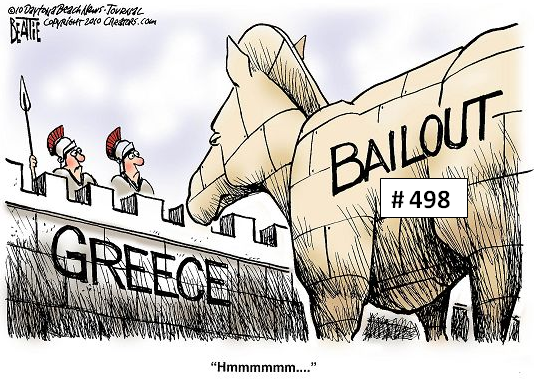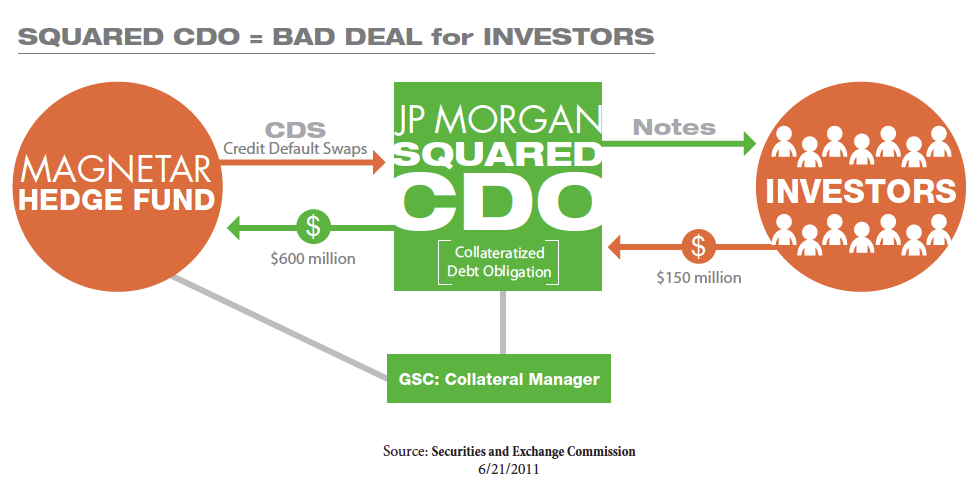Canary in the Treasury Coal Mine: Chicago Merc Increases Collateral Haircuts for Treasuries and Foreign Sovereign Debt
We had thought the authorities and the banks (no doubt with winks and nods from the Fed) would work to make sure that haircuts on collateral were maintained while the Washington game of debt ceiling chicken played itself out.
Either the Merc (more formally, the Chicago Mercantile Exchange) wasn’t on the distribution list or it decided not to play ball. <
Read more...

